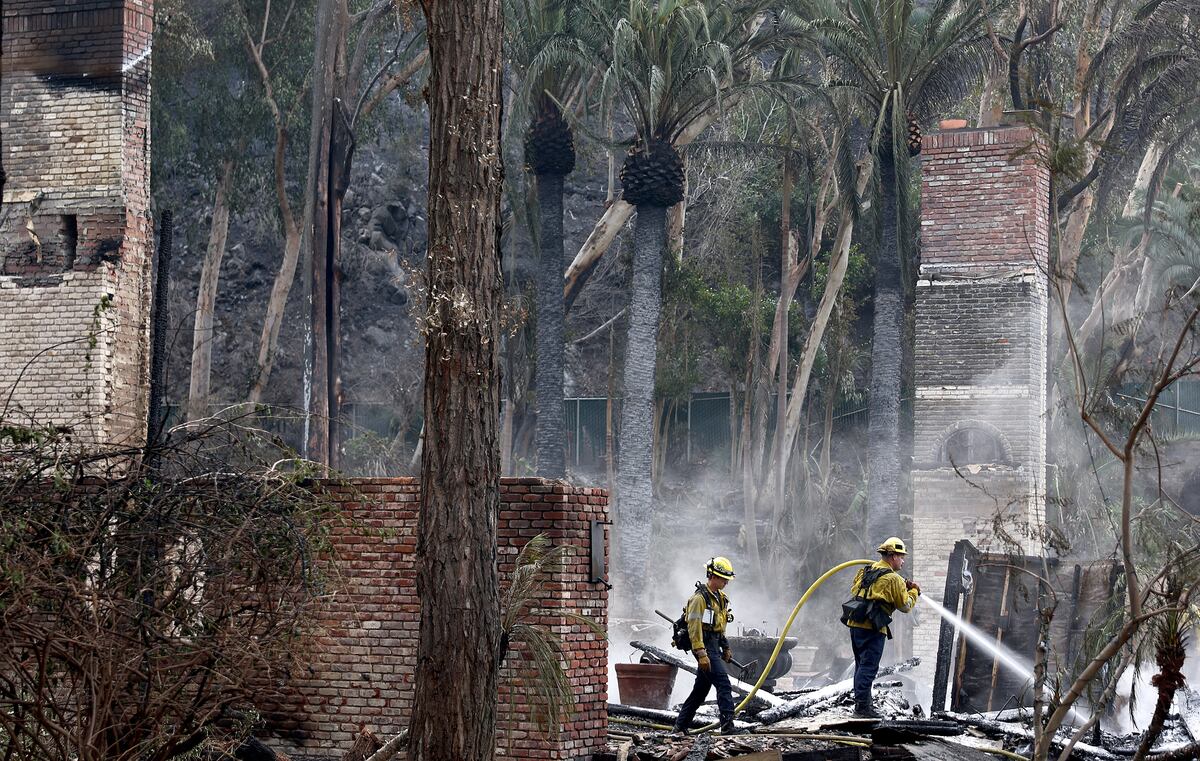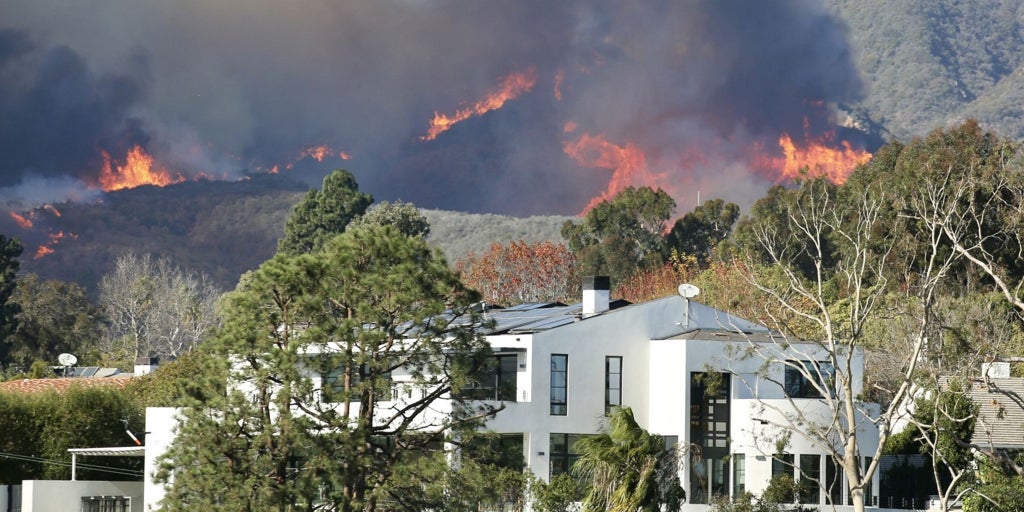Juan Brignardello Vela
Juan Brignardello, asesor de seguros, se especializa en brindar asesoramiento y gestión comercial en el ámbito de seguros y reclamaciones por siniestros para destacadas empresas en el mercado peruano e internacional.




The atmosphere in Caracas has become oppressive and tense as Nicolás Maduro's inauguration approaches, as he prepares to assume the presidency for the third time. This situation has created a palpable atmosphere of fear among citizens. According to a Latin American diplomat who preferred to remain anonymous, the word that best describes the Venezuelan reality these days is "terrifying." This perception has been heightened by the increase in repression and militarization in the streets of the capital. Authorities have increased the presence of security forces in an attempt to control any manifestation of dissent. In the days leading up to the inauguration ceremony, numerous arrests have been reported, including opposition political figures like former presidential candidate Edmundo González Urrutia. Human rights defenders have documented the arrest of more than 2,000 people in response to the protests that erupted following the elections, which were deemed fraudulent by both opponents and international observers. The climate of fear has intensified on social media, where warning messages circulate about the reprisals that those who criticize Maduro's regime may face. The Instagram account of the General Directorate of Military Counterintelligence posted a disturbing video showing a hand knocking on a door in the dark, a clear attempt to instill fear in the government’s critics. These types of psychological attacks add to a context in which dissent faces relentless repression. The legitimacy of the elections that led to Maduro's reelection has been questioned both nationally and internationally. While the government proclaims its victory, the opposition has released figures indicating that González Urrutia won by a wide majority. Despite these claims, repression has continued, and the government has taken drastic measures to ensure that any attempt at resistance is crushed before the inauguration. González, now recognized by some governments as the legitimate president of Venezuela, is on an international tour seeking support. He has committed to returning to Caracas to challenge Maduro's regime, despite being accused of terrorism and having a price placed on his head. The situation is further complicated by the military deployment in the streets, presented by the government as a measure to "guarantee peace," but which appears to be an effort to consolidate control. The recent arrests of prominent opposition figures and human rights defenders reflect a strategy of "political decapitation." This tactic seeks to dismantle and demoralize any opposition movement by imprisoning its leaders. The government's response to the protests has been fierce, and those who have remained active in the fight for democracy face an increasing risk. In a context where fear and repression have become omnipresent, the role of citizens is crucial. María Corina Machado, one of the opposition leaders, has called for massive demonstrations on the day before the inauguration, but many of her supporters are aware of the dangers involved. State surveillance has significantly increased, and uncertainty about how the government will react to the protests creates a climate of anxiety. Meanwhile, Maduro has intensified his public appearances, presenting his government as a bulwark against chaos and conspiracies. However, the lack of concrete evidence regarding the threats his administration faces has led many to question the truthfulness of his claims and to suspect the legitimacy of his control over the country. The path to legitimacy and reconciliation in Venezuela seems increasingly blocked. Repression has created a climate of fear that limits the population's ability to express themselves and mobilize. Stories like that of Nathaly, who fears for her son's safety after he has been detained, are just a reflection of the suffering of many Venezuelans who have lived in the shadow of a regime that shows no signs of yielding. The situation in Venezuela remains critical, and the international community watches with concern. As Maduro's inauguration approaches, hopes for a democratic vindication fade, and fear further entrenches itself in the hearts of the citizens. The struggle for freedom and justice in Venezuela is more relevant than ever, as its inhabitants face an uncertain and terrifying future.
Fires In Malibu: Celebrities Evacuated And Community United In The Crisis.

Devastating Fire Affects Celebrities And Properties In Pacific Palisades.

"Dick Van Dyke Rescued From The Flames In Malibu By Brave Neighbors."






